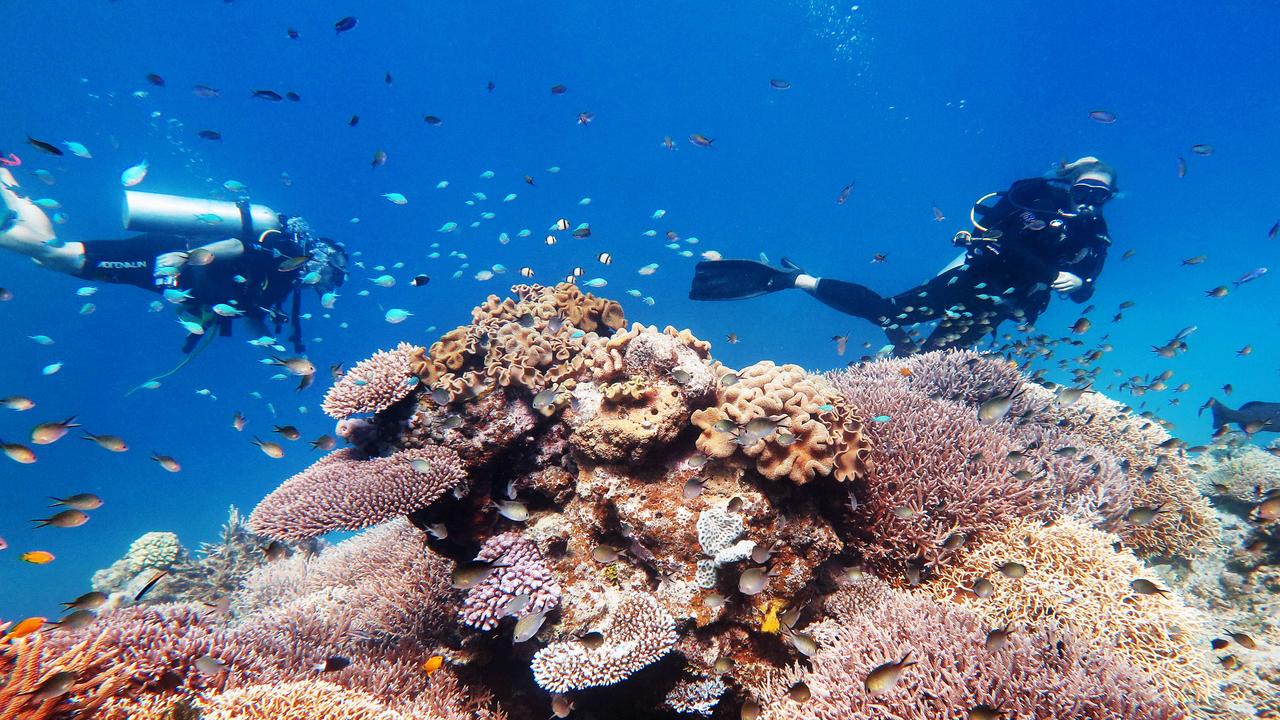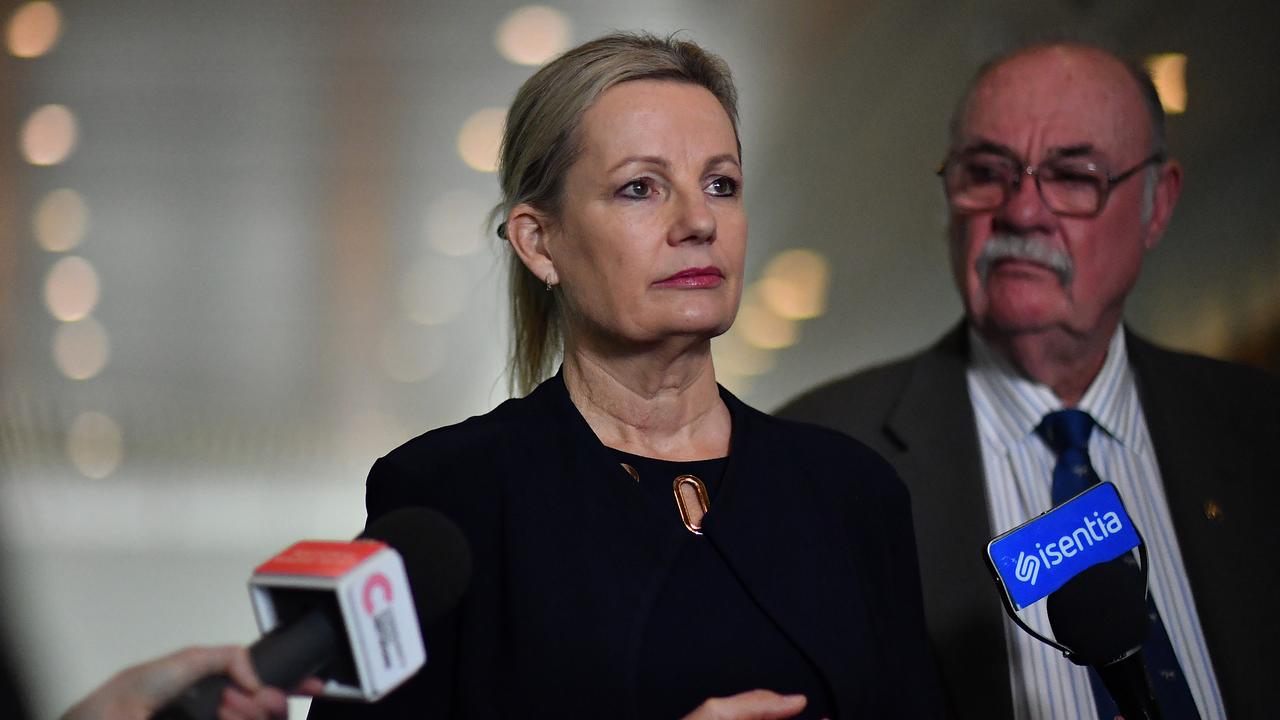Great Barrier Reef decision made
Australia will now have until 2022 to show how it is helping improve the health of the Great Barrier Reef, after the World Heritage Committee decided against listing it as ‘in danger’.
The Great Barrier Reef has avoided an “in danger” listing from the World Heritage Committee, with one country even calling out environmentalists trying to “pressure” the decision “one way or the other” for political reasons.
Australia was praised by several WHC member countries for its “transparency and major efforts” to protect the natural wonder.
It will now have until February 2022 to show its actions are helping improve the reef’s health and demonstrate why it should not be listed in danger.
The Queensland tourism industry says the decision should serve as “a global call to action” to do more on climate change to protect the natural icon which generates 60,000 jobs.

Australia government officials were “blindsided” last month when UNESCO’s World Heritage Committee issued a draft decision to declare the reef in danger, amid claims China had sought to influence the vote.
Despite the accusations, China’s representative backed the consensus vote to scrap the immediate “in danger” listing once it was clear there was not support for this. Ethiopia and Russia criticised “unfair and false” accusations levelled against China.
The representative for Spain told the WHC meeting that while climate change was an existential threat, Australia had undertaken significant action to protect the reef.
“We are very, very aware of the pressure and the interest of environmentalists to see this go one way or the other, but remember that it is important to be effective and Spain doesn’t feel that political interests should be brought to bear,” the Spanish representative said.
Environment Minister Sussan Ley, who previously argued the WHC has skipped usual processes and “singled out” Australia, said experts should see first hand Australia’s commitment to the reef.
“Without a site visit, no desired state of conservation, no corrective measures and the absence of an agreed climate policy, an immediate in danger listing will only harm the reef not protect it,” she said.

While only 12 countries plus Australia initially backed the proposed amendment to drop the ‘in danger’ listing, it quickly became clear during the WHC meeting on Friday night it had support.
At least 14 out of the 21 voting countries were needed for the amendment to get up.
Environmental groups, including the Australian Marine Conservation Society have campaigned in favour of the “in danger listing”, saying the “science is clear”.
AMCS boss Darren Kindleysides said their organisation had a 55-year history of standing up for the reef and campaigning to address the threats it faces.
“The science is clear, the Reef is in danger. UNESCO’s science-based recommendation to the World Heritage Committee to add the Great Barrier Reef to the ‘in danger’ list should prompt faster and stronger measures to protect our natural wonder from climate change and poor water quality,” he said.
Queensland Tourism Industry Council boss Daniel Gschwind said the industry did not want to see the reef, which supports 60,000 jobs, in the headline for the wrong reasons.
But he said the events should serve as a “global call to action” for more to be done on climate change to protect the reef.
Opposition environment spokeswoman Terri Butler said the deferral was a temporary reprieve and that the Morrison Government must “dramatically lift its game on Reef protection”.



